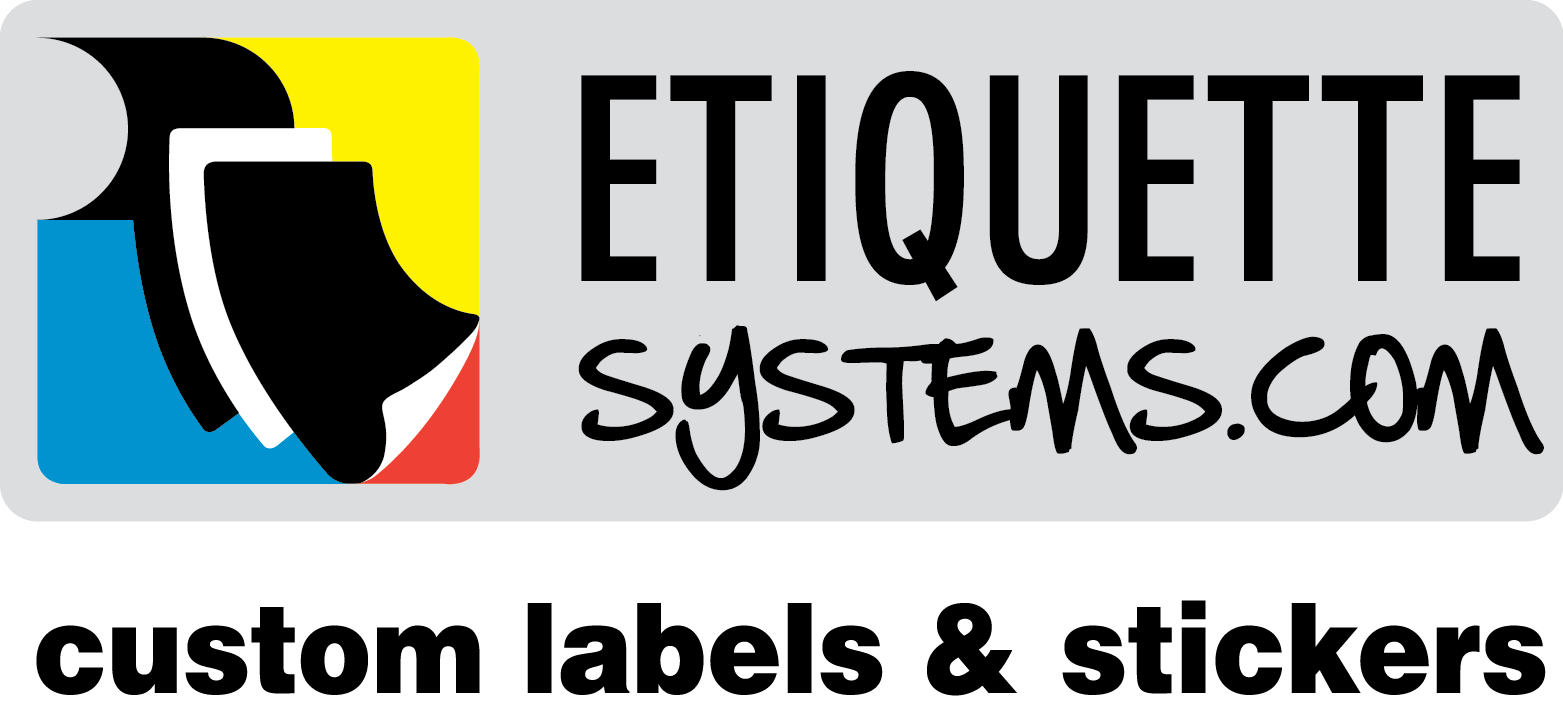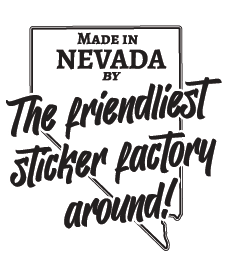Depending on your industry and where you use your bar-code labels, material requirements can vary widely. Be sure to keep this in mind as you plan your order, and let us know specifically what you need in terms of face-stock and adhesives.
For example: if you run a garden center where part of the stock is stored outdoors, your bar-code stickers will need to be able to handle temperature extremes, moisture from both precipitation and watering, and rough handling. They’ll also need to be stickable to a wide variety of surfaces, from untreated wood to plastic, ceramics, concrete, and glass. Warehouse environments without climate control also require bar-code stickers that can handle both cold and heat, though the adhesion needs might be less stringent than those suggested above.
Bar-code labels in laboratory and industrial settings usually need to be readable at a distance, which may necessitate specific sizes and coloration/contrast requirements. However, smaller, specialized custom bar-code labels may be required for individual experiments and equipment like test tubes and mandrels. If harsh chemicals are in use, we’ll have to make the bar-code labels from a label stock that can withstand corrosion, chemical reactions, and abrasion as well as moisture and temperature variations.
Electronic parts require label stock that’s very tough and won’t easily peel off in the face of high temperatures. Even a tiny piece of foreign material rattling loose inside a laptop or GPS unit can cause electrical shorts that can damage the machine’s accuracy.
Your Options
Once you let us know the conditions you’ll be using your bar-code labels in, we’ll formulate a high-performance solution tailored specifically to your requirements. We have a wide range of specially designed adhesives and label face-stocks that we can quickly mix and match to fit your needs.
Paper works best for most general purpose bar-code labels used for price coding, inventory/asset management, and identification purposes. In outdoor applications where long-term durability is key, we recommend polyester (PET) label stocks. Dealing with high moisture conditions, especially in short time frames? Polypropylene works best.
Popular stock/adhesive combos often chosen for bar-code stickers include:
- Paper labels with block-out adhesive, used to cover up old or incorrectly-printed bar-code labels. These include a totally opaque substrate that keeps the scanner from picking up data from the old label underneath.
- Matte-chrome polyester stickers used to label electronics. These silvery bar-code labels must be approved by the Canadian Standards Association (CSA) and/or Underwriters Laboratory (UL).
- Matte polypropylene with all temperature (AT) adhesive for short-term industrial/scientific usages in cold conditions. Used to label tires, lumber, test tubes, etc.
- White BOPP (biaxially oriented polypropylene), moisture-resistant short-term bar-code labels used with plastic food packaging.




